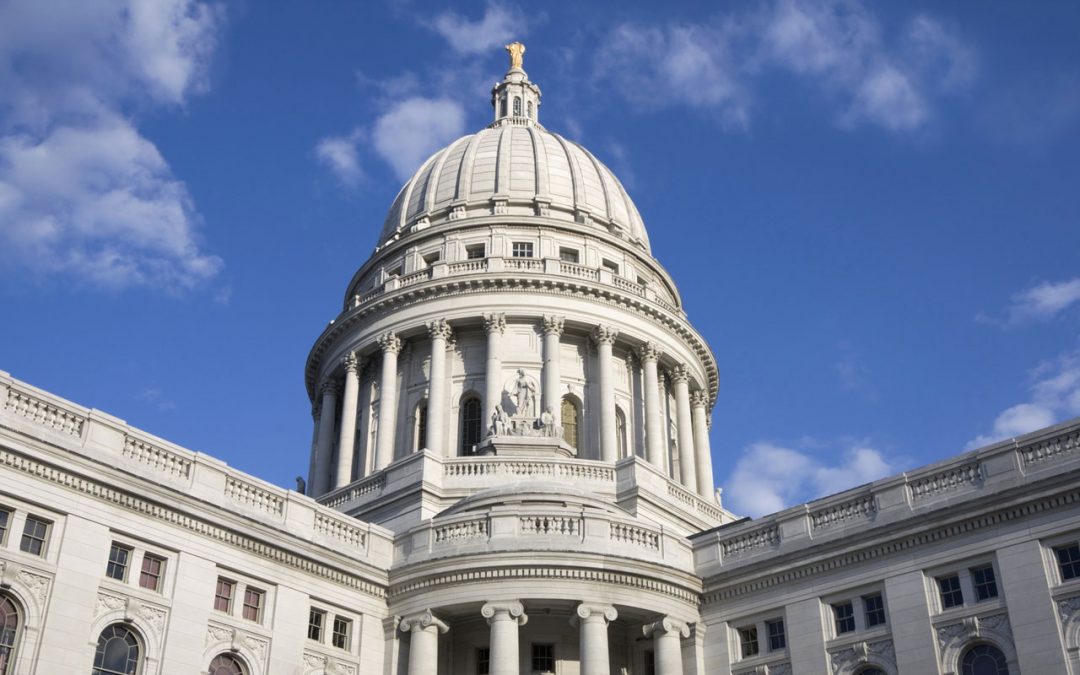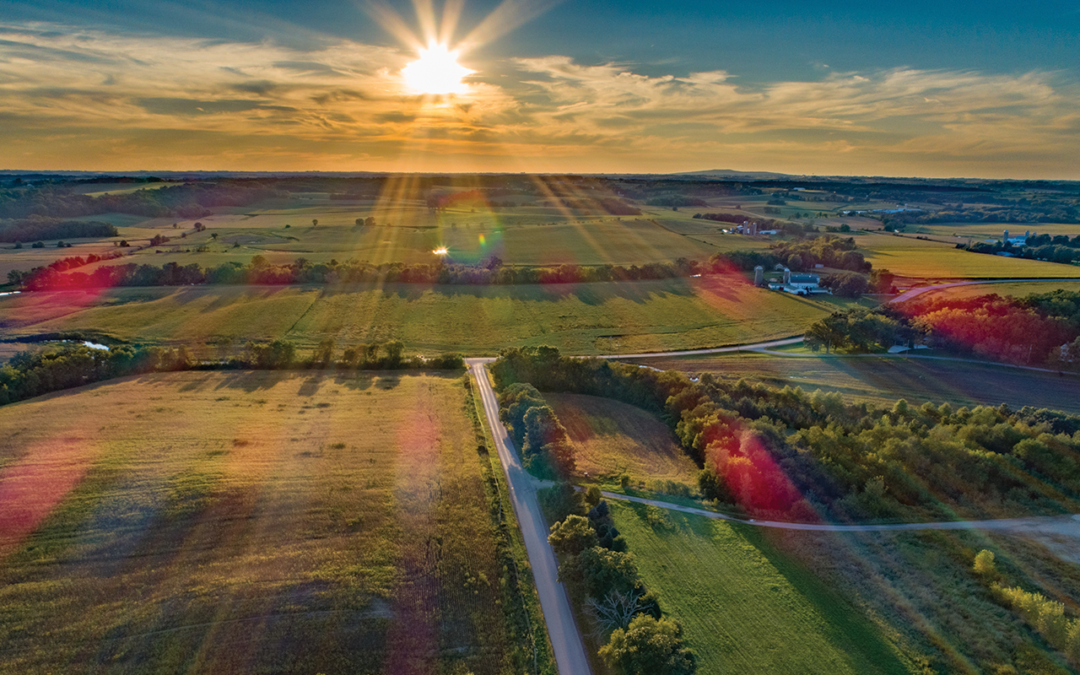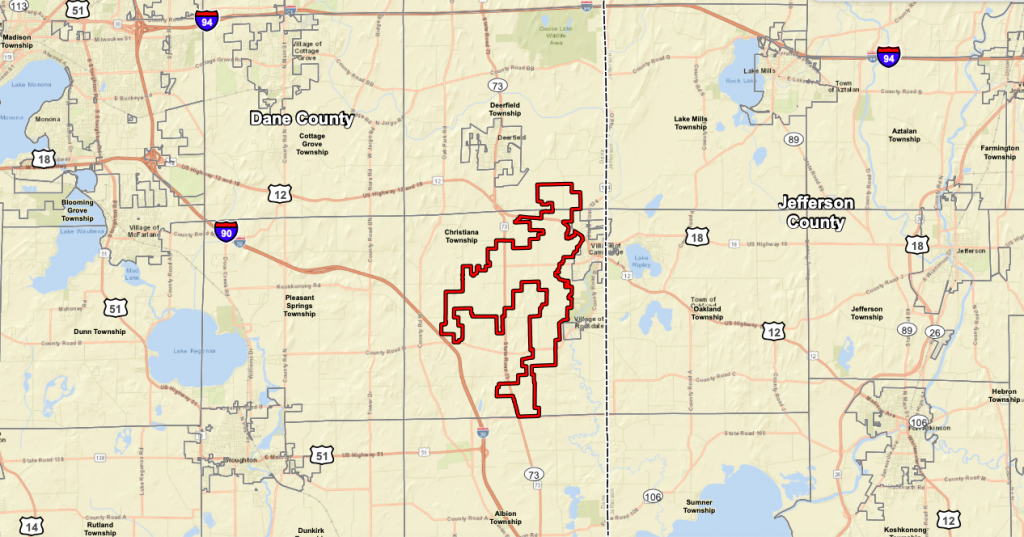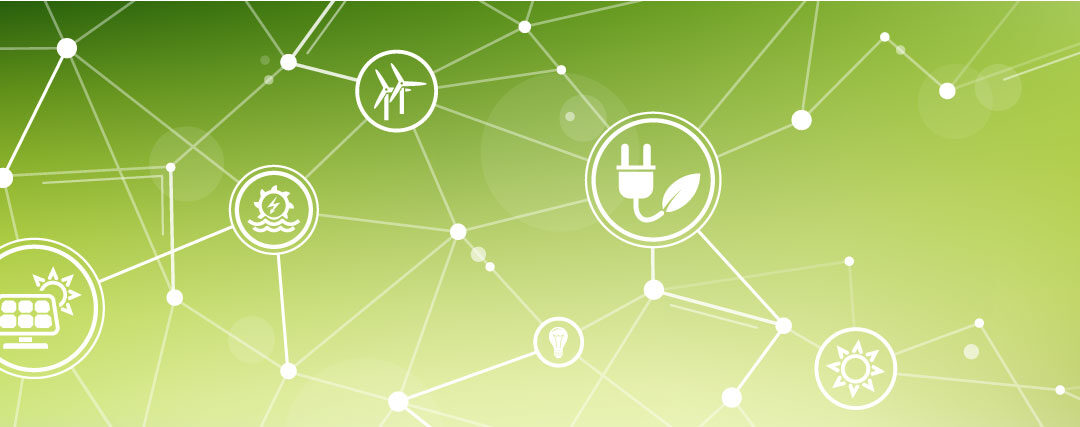
by Jim Boullion | Aug 21, 2021 | Action Alert, Advocacy, Electric Vehicles, Legislative Watchlist
The Senate Committee on Government Operations, Legal Review, and Consumer Protection scheduled a public hearing on Senate Bill 462 / Assembly Bill 439 relating to ownership, control, or operation of a motor vehicle dealership and performance of motor vehicle warranty service.
Wednesday, August 25, 2021, 10:00 AM
Room 411 South, State Capitol
Senator Dale Kooyenga (R-Brookfield) and Representative Adam Neylon (R-Pewaukee) introduced legislation to allow a direct sales business model for electric vehicles (EVs) in Wisconsin. If passed, EV manufacturers could sell and deliver their vehicles directly to consumers, either online or from a manufacturer-owned dealership, rather than Wisconsin’s current dealership model. The bill would also clarify that an EV manufacturer can provide warranty and preparation work on vehicles they manufacture in Wisconsin.
RENEW Wisconsin strongly supports this initiative and sent a letter to legislators urging their endorsement. To help pass this legislation, we encourage you to contact your legislators directly or attend the public hearing to register in favor, or even better, speak directly with the committee members.
The Kooyenga/Neylon bill is one of the keys to increasing EV availability for Wisconsin businesses and consumers and reducing transportation-related greenhouse gas emissions. The internet has completely reimagined how we buy things, opening opportunities, lowering prices, and eliminating many market barriers of the past. The bill would permit Wisconsin’s consumers greater access to EVs that better suit their financial and driving needs by allowing them to purchase directly from the manufacturer-dealership without traveling to Illinois or Minnesota.
If you have any questions or would like to report whether or not your legislators support this legislation, please contact Jim Boullion, Director of Government Affairs at jim@renewwisconsin.org or Jeremy Orr, Emerging Technologies Program Manager at jeremy@renewwisconsin.org.

by Heather Allen | Jun 22, 2021 | Action Alert, Advocacy, Energy Storage, PSC Priorities, Public Service Commission, Solar, Utility Scale
The proposed Koshkonong Solar Energy Center would be located in southeast Dane County upstream of the Rock River. The centerpiece would be a 300-megawatt solar power generation facility anticipated to begin producing energy in 2024. Koshkonong Solar will also include a 165-megawatt battery storage component to help bolster grid reliability.
As Wisconsin continues to retire coal-fired power plants it is vital to replace those fossil fuel electricity generators with emission-free renewable energy. For example, the Columbia Energy Center, located just south of Portage, is now slated for a 2024 retirement.
Koshkonong Solar Energy Center needs vocal public support to get approved and help shift Wisconsin to clean energy. Voice your support for local solar energy by submitting a short comment today to the Public Service Commission (PSC) of Wisconsin.

Project to be located in southeast Dane County
Koshkonong Solar would advance the clean energy goals of Dane County, its local municipalities, and residents, and the State of Wisconsin. Koshkonong Solar will generate enough emissions-free electricity to power 60,000 average American homes or just about ¼ of the 240,000 households in Dane County. The project also represents exactly ¼ of the amount of solar capacity Dane County called for in its Climate Action Plan. This single project would also bring an estimated $200 million of investment including lease payments to local landowners and new revenue streams to local governments. Local governments in the project area will receive $1.2 million per year for the life of the project based on Wisconsin’s utility aid fund formula.
The developer for this project is Invenergy, which has successfully permitted other large solar farms in Wisconsin (Badger Hollow, Paris). Koshkonong, like Invenergy’s other projects, is slated to be acquired by Wisconsin utilities, including Madison Gas and Electric.
Air Quality and Carbon Emission Reduction Benefits
Koshkonong Solar will reduce CO2 emissions by between 15 and 20 million tons over its 30-year life, along with reductions in other forms of air pollution such as 12,000 tons of nitrogen oxides (NOx), 12,000 tons of sulfur dioxide (SO2), and 804 tons of particulate matter (PM2.5).
Click here for the Koshkonong Emissions Analysis.
The emissions reductions from the estimated 600,000 megawatt-hours of energy production for the project are equivalent to the carbon sequestered by 7 million tree seedlings grown for 10 years, or the avoided CO2 emissions from 2,345 railcars worth of coal burned. See other comparisons at the EPA greenhouse gas equivalency calculator.
Soil Retention and Water Quality Benefits
Koshkonong Solar will establish deep-rooted prairie vegetation amidst the arrays. This type of vegetation will increase infiltration of the site compared with current agricultural usage by (+2.2%), reduce stormwater runoff (-60% for a 1-year 24-hour rainfall event), nitrogen outflow (-48%), phosphorus outflow (-53%), and Total Suspended Solids outflow (-87%).
These upstream water quality improvements would have a positive impact on downstream environments, and yield material benefits for watershed ecosystems, human health, and recreation. Furthermore, the prairie vegetation will help turn atmospheric carbon into organic carbon, which will be deposited and build up the soil for future agriculture. Koshkonong Solar, like other solar farms, can be returned to agricultural use after the project is completed and equipment is removed, see our solar farm FAQ to learn more.
The Public Service Commission of Wisconsin is currently reviewing the project. We are asking supporters of clean energy, conservation, and climate action to submit comments sharing their support for the project. Your support would be greatly appreciated. Your voice is crucial to move the project forward and advance the clean energy transition in Wisconsin.
Submitting a message of support is easy, simply click on the link below, fill out the form, and click ‘file’. The last day to submit letters of support is July 3rd.
Click here to submit a comment in support of Koshkonong Solar!
Weighing in today will have a tremendous impact on Wisconsin’s ability to transition to clean emission-free renewable energy! Your voice matters!
Interested in learning more?
Find answers to frequently asked questions about solar farms here.
How much agricultural land would it take to power our state with solar energy? RENEW has calculated that it would take less than half a percent of Wisconsin’s total land to supply half our state’s electricity from solar. This is approximately the same amount that is currently in Wisconsin’s Conservation Reserve Program.
RENEW’s factsheet solar and agricultural land use.

by Jim Boullion | Mar 22, 2021 | Action Alert, Legislative Watchlist, Policy
RENEW Wisconsin supports the 28 clean energy provisions that Governor Evers included in his proposed 2021-23 Budget Bill. Among them are recommendations to expand Focus on Energy, invest in the clean energy workforce, and advance Wisconsin’s electric vehicle infrastructure.
The Budget Bill is now in the hands of the state legislature, and the Joint Finance Committee (JFC) has announced four listening sessions, three in-person and one virtual, to learn about your Budget priorities.
The JFC public hearings all begin at 10:00 a.m. and will be held at these locations:
- Friday, April 9, 2021, UW-Whitewater, Whitewater, WI
- Wednesday, April 21, 2021, The Hodag Dome, Rhinelander, WI
- Thursday, April 22, 2021, UW-Stout, Menomonie, WI
- Wednesday, April 28, 2021, Virtual
Due to the expected crowd size, speakers (virtual and in-person) will be given just two minutes to speak. If you would like to submit more in-depth comments, the committee has created a web portal for citizens to provide input. The JFC has also developed a dedicated email address for comments: budget.comments@legis.wisconsin.gov.
While the JFC process is important, it does have its limitations. The most effective thing you can do to support the clean energy Budget proposals is to speak directly with your state legislators, especially if they are a member of the Joint Finance Committee or in the Senate or Assembly legislative leadership. You can contact them one-on-one or see if they are holding in-district or virtual listening sessions for their constituents. To find the contact information for your legislators, you can use the digital Legislative District Map.
Every legislator has a vote and can influence what is included in the final Budget package. Make your legislators understand that clean energy issues are a priority for you!
If you have any questions or find out that your legislators are especially supportive or opposed to the clean energy proposals, please tell Jim Boullion, RENEW Wisconsin’s Director of Government Affairs, jim@renewwisconsin.org.

by Jim Boullion | Jun 22, 2020 | Action Alert, Advocacy, Community, Electric Vehicles, Policy, Renewables, Solar
In October of 2019, Governor Tony Evers announced the formation of the Wisconsin Climate Change Task Force. Led by Lt. Governor Barnes, this bi-partisan group represents lawmakers, utilities, agriculture, environmental groups, health officials, and tribes with a goal of developing strategies to help Wisconsin reduce the effects of climate change and reach 100% carbon free electricity generation by 2050.
The Climate Change Task Force has been collecting ideas from various organizations and has worked hard to identify dozens of items that could be implemented. The next step is to hear from Wisconsin residents. The Governor, Lt. Governor, and Climate Change Task Force need your input and support to find the best path forward.
RENEW has identified three key issues that we feel would have the greatest impact and best chances for success. Join this important effort by signing your name in support of these initiatives!
Third Party Financing
Wisconsin should affirm the legality of third party financed distributed energy resources in order to provide equitable access to renewable energy benefits.
Electric Vehicle Infrastructure
Wisconsin should develop a comprehensive plan for transportation electrification.
Expand Focus on Energy
Wisconsin should facilitate the installation of more renewable energy and energy efficiency measures by expanding the Focus on Energy program.
If you have other ideas and would like to contribute more to the Climate Change Task Force, consider taking the following actions:
Provide written comments to the Task Force. Comments must be submitted by July 15th.
Provide live comments at the end of one of the remaining Task Force Subcommittee meetings.
Provide live comments during the Virtual Public Listening Sessions, which will be held on June 23, June 27, July 7, July 9 and July 15.
In August, the Task Force will review all of the comments they receive, and make their recommendations for the final report in September. The report is scheduled to be released on October 31, 2020.
If you have any questions, need more information, or would like help preparing for live comments, please contact Jim Boullion, RENEW’s Director of Government Affairs at jim@renewwisconsin.org or call at (608) 695-7004.
RENEW Wisconsin is a proud partner of Rise Up Midwest, a coalition effort led by MREA promoting renewable energy investment and grid modernization. Rise Up Midwest supports this petition and has highlighted their own policy priorities and programs to advance their mission.




